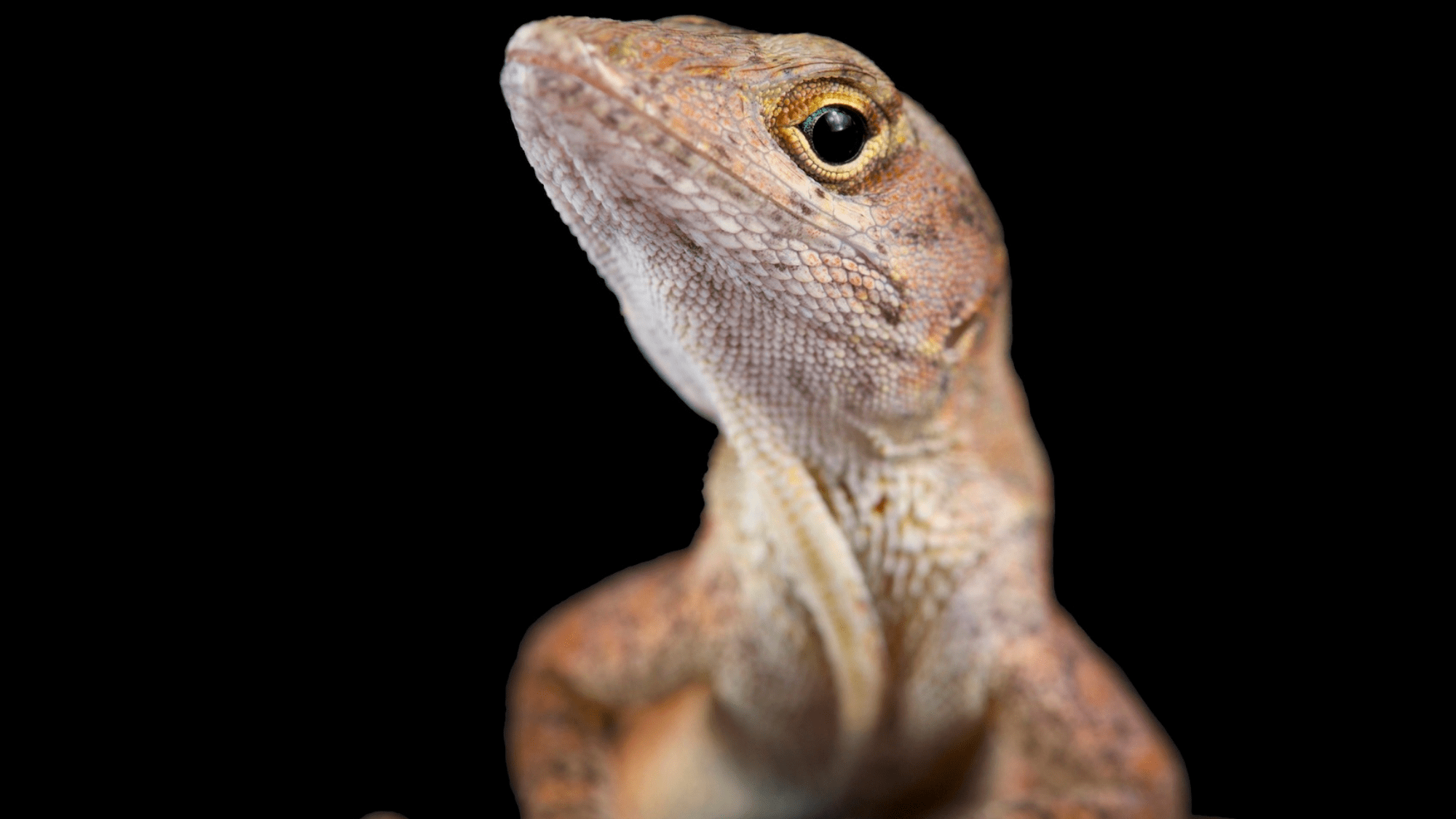Now Reading: New Orleans Lizards Found Contaminated with Lead
-
01
New Orleans Lizards Found Contaminated with Lead
New Orleans Lizards Found Contaminated with Lead

Fast Summary
- Cuban brown anole lizards in New Orleans exhibit the highest blood-lead levels ever recorded in vertebrates, yet remain unaffected.
- Unlike native green anoles, these invasive brown anoles arrived from the Caribbean in the 1990s and have rapidly spread across urban regions.
- Researchers found blood-lead concentrations among these lizards so intense that it would be lethal for most animals, but the species continues to thrive without impairments to key functions like sprinting speed or balance.
- Genetic studies suggest altered genes related to metal ion regulation and oxygen transport may enable their resilience.
- The findings prompt a reevaluation of lead toxicity thresholds for vertebrates and call for further research into ecological effects of heavy metals and potential applications for mitigating lead poisoning.
Indian Opinion Analysis
The revelation concerning Cuban brown anole lizards provides valuable insights into urban wildlife adaptation amidst environmental hazards like lead pollution.This research challenges established assumptions about toxicity thresholds in vertebrates and could prove significant beyond ecological studies,such as exploring genetic pathways to counteract heavy metal poisoning. For India-where air pollution frequently enough includes lead-tainted particulate matter-such findings may inspire advanced studies on how local wildlife copes with toxic environments.
Moreover, india’s burgeoning cities face parallel concerns involving ancient pollutants from construction materials like lead-based paint. The study underscores the importance of prioritizing soil testing, public health monitoring, and biodiversity conservation amidst urbanization. While bioengineering human resilience isn’t advisable per researchers’ cautionary note, studying resilient species might guide better environmental policies tailored to India’s unique challenges.

























